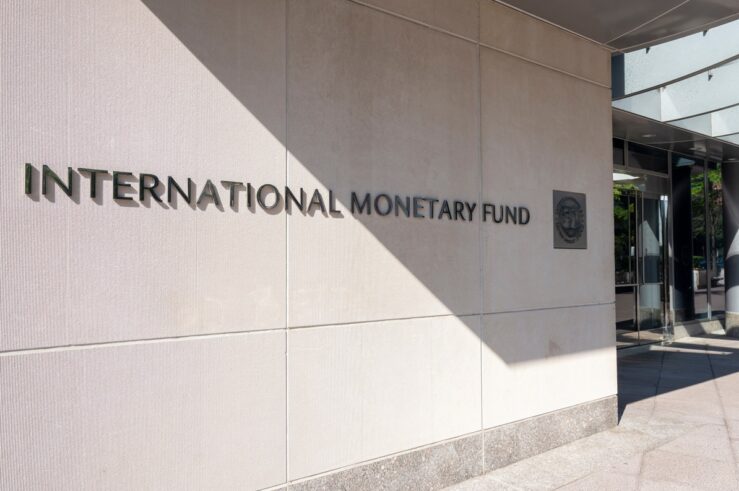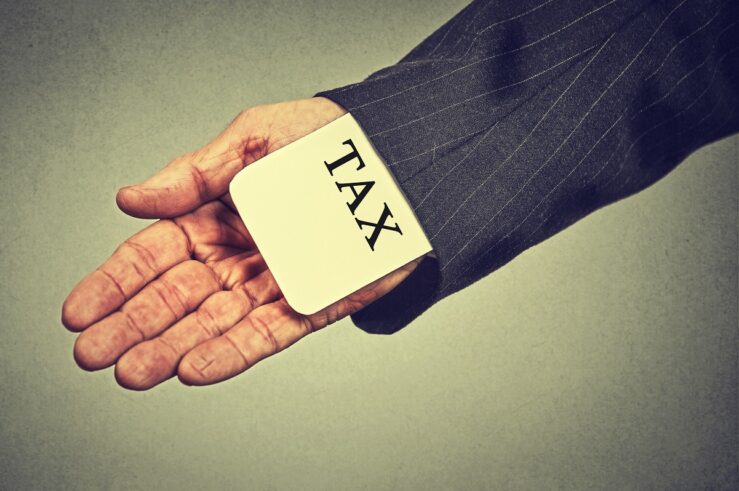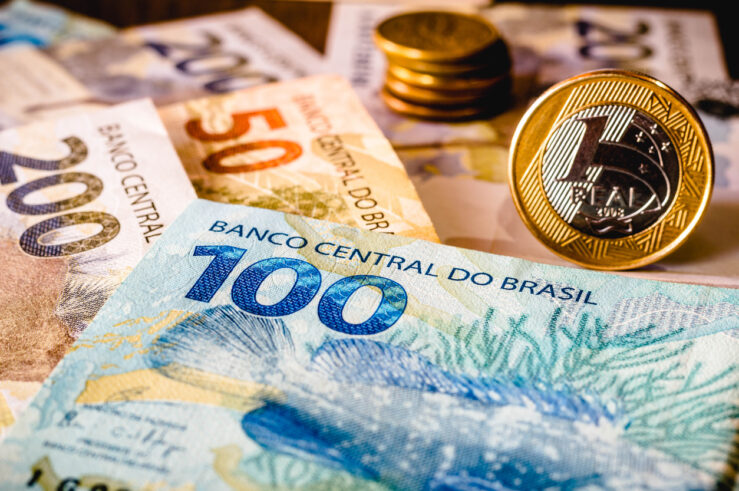The Hidden Wealth of Payment Cards: How Innovations in Payments Transform Society
It’s a dreary December morning and, on your way to work, you stop at a coffee shop. There are only three people in line, so you assume you’ll be served quickly. But after a few minutes, you notice the customer at the front of the queue fumbling as they laboriously count out the exact change. ... The Hidden Wealth of Payment Cards: How Innovations in Payments Transform Society
CFPB’s Overdraft Fee Price Controls Would Be Counterproductive
The Consumer Financial Protection Bureau (CFPB) announced a final rule last week to impose price controls and onerous disclosure rules on overdraft fees charged by those banks and credit unions with assets of more than $10 billion. At first glance, such interventions might seem like a win for consumers, particularly those with low incomes who ... CFPB’s Overdraft Fee Price Controls Would Be Counterproductive
What the IMF Gets Wrong About Costa Rica’s Payment-Card Caps
The Asamblea Legislativa de la República de Costa Rica (Costa Rica’s legislature) moved in 2020 to empower the Banco Central de Costa Rica (BCCR), the nation’s central bank, to impose price controls on fees charged by both payment-card issuers and acquirers. I have written previously about the perverse effects these price controls can generate (here, ... What the IMF Gets Wrong About Costa Rica’s Payment-Card Caps
Capital Confusion at the New York Times
In a recent guest essay for The New York Times, Aaron Klein of the Brookings Institution claims that the merger between Capital One and Discover would “keep intact the broken and predatory system in which credit card companies profit handsomely by rewarding our richest Americans and advantaging the biggest corporations.” That’s quite an indictment! Fortunately, Klein also ... Capital Confusion at the New York Times
The Effect of VAT Withholding Requirements in Latin America
Innovations in payment systems are rapidly transforming the world economy. While Bitcoin, Ethereum, and other decentralized blockchain-based systems tend to garner much of the press (good and bad), centralized peer-to-peer (P2P) payment systems are far more common. (Note that I use the term P2P here in its original sense to mean all peer-to-peer transactions, which ... The Effect of VAT Withholding Requirements in Latin America
The FT Misunderstands the Economics of Credit-Card Markets
In a recent piece for the Financial Times, Brendan Greeley argues that the misnamed Credit Card Competition Act would reduce inflation. In it, Greeley recycles numerous myths about the nature of credit-card markets that have long been rebutted by serious economic research. Both theory and ample evidence from the United States and other countries shows ... The FT Misunderstands the Economics of Credit-Card Markets
The Paradoxical Perils of Mandatory ‘Competition’ in Merchant Routing of Credit-Card Transactions
Sen. Richard Durbin (D-Ill.) earlier this month introduced legislation that aims to manufacture competition in the routing of credit-card transactions. If enacted, the measure would require that merchants be able to choose from at least two networks when processing most credit-card transactions. While this would result in competition over routing, it would harm other forms ... The Paradoxical Perils of Mandatory ‘Competition’ in Merchant Routing of Credit-Card Transactions
Is Pix Really the End of Credit Cards?
In late August, Roberto Campos Neto, the head of Brazil’s central bank, is reported to have said about Pix, the bank’s two-year-old real-time-payments (RTP) system, that it “eliminates the need to have a credit card. I think that credit cards will cease to exist at some point soon.” Wow! Sounds amazing. A new system that ... Is Pix Really the End of Credit Cards?
Pixtopia Is Not Real
Banco Central do Brasil (BCB), Brazil’s central bank, launched a new real-time payment (RTP) system in November 2020 called Pix. Evangelists at the central bank hoped that Pix would offer a low-cost alternative to existing payments systems and would entice some of the country’s tens of millions of unbanked and underbanked adults into the banking ... Pixtopia Is Not Real
Rebuilding Trust in Coronaworld
Governments are beginning to lift the lockdowns they imposed to slow the spread of COVID-19. That is a good thing. But simply lifting the restrictions won’t immediately take us back to normality. For that to happen requires a massive investment in mechanisms that will rebuild trust. Prior to COVID-19, people implicitly trusted that travelling on ... Rebuilding Trust in Coronaworld
How to Slow the Spread SARS-CoV2 and Reduce Mortality from COVID-19 Without Destroying the Economy
[TOTM: The following is part of a blog series by TOTM guests and authors on the law, economics, and policy of the ongoing COVID-19 pandemic. The entire series of posts is available here. This post is authored by Julian Morris, (Director of Innovation Policy, ICLE).] SARS-CoV2, the virus that causes COVID-19, is now widespread in the population in ... How to Slow the Spread SARS-CoV2 and Reduce Mortality from COVID-19 Without Destroying the Economy
The Politicization of Antitrust Blog Symposium
The operative text of the Sherman Antitrust Act of 1890 is a scant 100 words: Section 1: Every contract, combination in the form of trust or otherwise, or conspiracy, in restraint of trade or commerce among the several States, or with foreign nations, is declared to be illegal. Every person who shall make any contract ... The Politicization of Antitrust Blog Symposium













